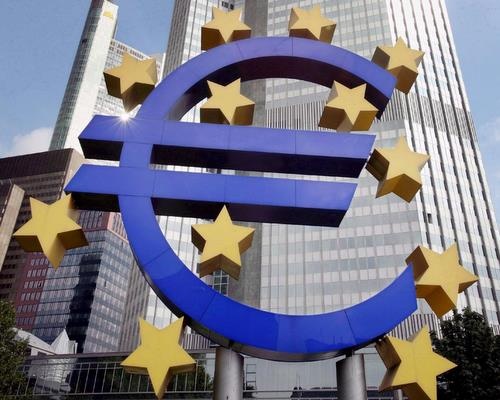As we know, on December 16 the leaders of the 27 EU member states, including Malta’s, agreed a draft proposal that will, hopefully, give the basis for a permanent financial stability mechanism to replace the temporary one set up to assist first Greece and then Ireland. We are also aware of where the pressure came from to make this proposal, which involves adding an extra paragraph to article 136 of the EU Treaty. Under great domestic pressure at home, Germany’s Chancellor Angela Merkel needed to have something to take back home to re-assure her own people that her country would not have to pick up the bill for bailing-out indebted countries.
The agreement in December was the first of its kind. The Lisbon Treaty allows member states to make minor adjustments to treaty articles, provided they do not increase or reduce the powers of the EU and provided all 27 countries agree. Indeed, there still remain some differences among lawyers as to whether the change to article 136 of the treaty is necessary. Despite this, the risk (however minor) that a challenge could be taken to the German Constitutional Court and be upheld lead to the member state leaders agreeing to the proposed change.
 For the European Parliament, this situation is also without precedent. Parliament usually gives its approval or objects to a treaty change through the Constitutional Affairs Committee. However, because of the clear link between the stability mechanism and the reforms to the governance of the euro area, the Economic and Monetary Affairs (ECON) Committee was asked to provide a report. I was appointed co-rapporteur for the ECON Committee’s report on the treaty change along with Jean-Paul Gauzès, the co-ordinator for the EPP in the committee.
For the European Parliament, this situation is also without precedent. Parliament usually gives its approval or objects to a treaty change through the Constitutional Affairs Committee. However, because of the clear link between the stability mechanism and the reforms to the governance of the euro area, the Economic and Monetary Affairs (ECON) Committee was asked to provide a report. I was appointed co-rapporteur for the ECON Committee’s report on the treaty change along with Jean-Paul Gauzès, the co-ordinator for the EPP in the committee.
The Constitutional Affairs Committee will produce its own report on the legal implications of the European Council’s proposal.
In our draft report, which will be presented to the Committee next week and then fast-tracked through Parliament, Mr Gauzès and I came to an agreement on a number of key points, including one I proposed and which I feel is of vital interest to safeguarding Malta’s economic future.
The most important point – namely, the clarification that all member states, regardless of size, will be covered, if necessary, by the stability mechanism – is an important one. The proposed wording agreed by the European Council, stated that a stability mechanism would be used to “safeguard the euro area as a whole”. This is all well and good but note the reference to “as a whole”. What about smaller countries such as Malta, Cyprus or Estonia?
Of course, none of us want Malta, or any of these countries, to fall into a spiral of debt and budget deficits but in the event that they did, there is absolutely no legal guarantee they would receive assistance. The financial markets reacted strongly to the crises in Greece and Ireland because of the knock-on effects they had on other euro area countries. If the likes of Malta fell into great difficulty, it is unlikely the global financial markets would take much notice.
The euro area is a family of sorts. We have common rules that bind us together. At present we have 17 members but all other EU countries, except for the UK, are required to join the euro area at some point. Why should countries like Malta pay their contribution to the stability mechanism in return for no guarantee that it could be used to assist them?
One should also point out that the proposed stability mechanism is not the only instrument that should safeguard the euro area and its member states. Rather, it will complement the additional measures I and my colleagues in the ECON Committee are working on to reduce risks to financial stability. These include the strengthening of the preventive and corrective arm of the Stability and Growth Pact (SGP), stronger surveillance of national budgets and the use of new macro-economic imbalances procedures.
Besides, it goes without saying that EU countries, particularly those in the euro area, need to work together in a spirit of solidarity to tackle issues related to medium and long-term competitiveness and macro-economic imbalances between member states that lie at the roots of the problems faced by a number of countries.
But we must have this spirit of solidarity set down in stone. As an EU country and a member of the euro area, we must therefore be covered by this stability mechanism as a last resort. If not, we are paying for nothing.
The Times of Malta – 27.01.2011

One response to “Spirit of solidarity cast in stone”
I was looking at some of your articles on this internet site and I conceive this
internet site is very informative! Keep on posting.Blog range